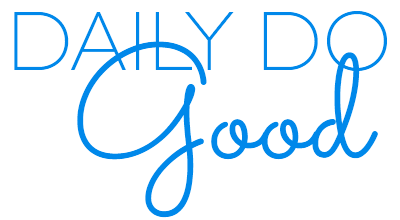TRANSFORMATIONS AT RED WIGGLER COMMUNITY FARM
In the early ‘90s, Woody Woodroof started an organic vegetable garden at the Arizona group home where he worked. In doing so, he was introduced to red wiggler worms, which are excellent for breaking down compost and transforming infertile soil into something conducive to growing food.
Woodroof was struck by the parallels between transforming soil and transforming people. He knew there was a need for more meaningful, connected, inclusive jobs for the disabled adults with whom he worked.
In 1996, Woodroof launched Red Wiggler Community Farm, a 12-acre certified organic farm in Germantown, in 1996. Sixteen adults with intellectual and developmental disabilities comprise the core crew.
“The metaphor (of the worms),” he said, “is about transforming people through job development, job skills, inclusion in the community - not about people's disabilities, but about what they do, what they produce.”
Today, the mission of Red Wiggler is “to be a sustainable farm where people with and without developmental disabilities come together to work, learn and grow healthy food.”
“Everyone comes to the table with skills,” Woodroof said. “Find out what they’re good at, focus on those things. Here, some people are really good at one thing. We also try to push their edge a little bit by challenging them to do a couple of other things.”
GROWING TOGETHER AT RED WIGGLER
Staff members have yearly meetings with their employees’ vocational helpers and family members to evaluate their progress and to set goals for the following year.
“Each of the growers have some goals for the year,” said Katie Junghans, Red Wiggler’s volunteer and grower coordinator. “Some times it has to do with learning a new tool or getting better at using a certain tool, like a hoe, or learning how to wheel a wheelbarrow.”
The desire to challenge the workers can present its own challenges. One, Woodroof noted, is content to weed all day every day.
“As an organization we’ve had to wrestle with that a little bit,” he said. “We want to focus on people's abilities and what they’re good at and like doing, but is it fair to her to not encourage her to learn new skills?”
VOLUNTEERISM & LEARNING AT RED WIGGLER
Red Wiggler relies heavily on volunteer participation not only for production, but for mutual learning opportunities.
“By having folks working side by side and often pairing people up, they’re both learning from each other,” said Molly McCracken, education and outreach coordinator. “A lot of youth have never experienced working with someone with developmental disabilities and have a lot of different kinds of preconceived notions about what that might be like or what the person might be capable of.”
On a September morning, staff members worked alongside a half dozen volunteers from a nearby engineering firm.
“Through the volunteerism, it’s a very included environment,” said Woodroof. “You often don’t know who’s got a disability and who doesn’t. Our role is to set (the growers) up as teachers and mentors.”
The experience can be especially transformative for the younger volunteers.
Last year, one enthusiastic intern got the National Honor Society at her high school to adopt the farm as their charity. Every holiday last fall, she brought a group of kids out to do some volunteer work.
That young woman is currently studying agriculture at Cornell University.
“She’s really kind of had her whole plan for her life changed from being here,” Junghans said, “It’s just amazing the few that really just take to it so much and kind of adopt us and keep coming.”
About the Author: Terri Carr is a Washington, DC yogi and writer. She blogs at Yoga Soulutions.





